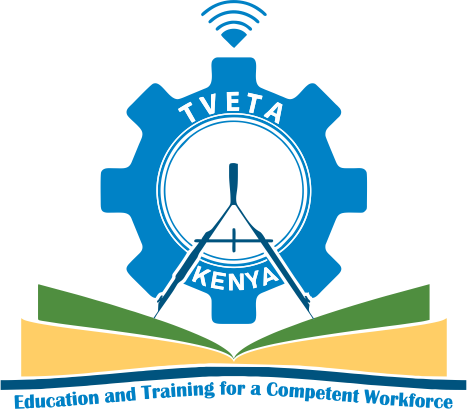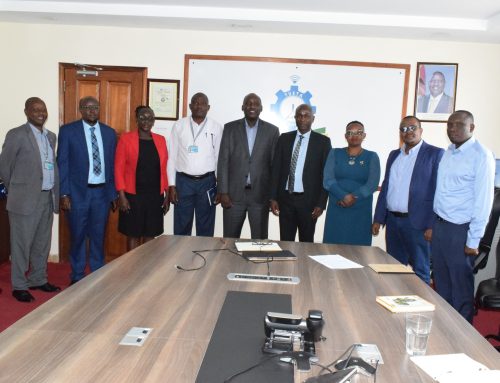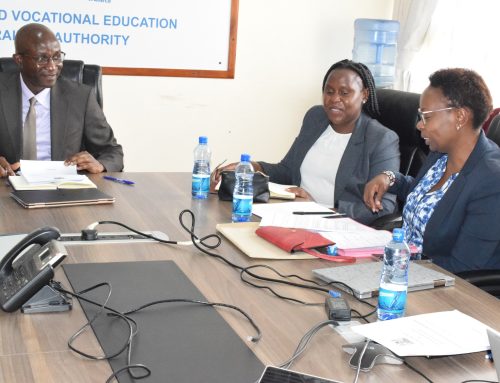By Dr Kipkirui Langat
This was the theme of the EuroSkills competition which took place last week in Gdansk, Poland with 32 countries presenting about 600 competitors in 42 skills areas.
Generally, most of the Member States of WorldSkills International (WSI) concluded their national competitions in readiness for registration of competitors for the 2024 WorldSkills competition in Lyon France. Equally WorldSkills Asia and WorldSkills Americas have concluded their regional competitions also with very powerful themes that promote skills recognition and professional development, hence driving improvements in vocational training.
Kenya too conducted its inaugural national skills competition from 28th August to 1st September 2023 where over 150 youths from 32 TVET institutions and 13 universities participated in 18 skills areas of which 10 skills have been registered for competition in Lyon. This momentous occasion will not only provide an opportunity for our competitors to showcase their competencies in their respective trades but also a sign that Kenya is ready as a source of skilled labour. It will also go a long way in shaping and improving the quality and relevance of our vocational training system.
In the TVET strategy for 2023-29, UNESCO has put forth three priorities for skills. The first one is skills for individuals to learn, work, and live, the second is for economies to transition towards sustainable development, and the third is for inclusive and resilient societies. TVET, therefore, is at the intersection of education and the world of work and is expected to facilitate the insertion of individuals into the labour market, and their career progression. It is also part of the social contract which should guarantee the right to education and decent employment, as well as intergenerational solidarity. TVET systems therefore should be proactive in the way they adapt their training supply to the benefit of individuals, economies, and societies.
In order to achieve the objectives of TVET, WorldSkills International (WSI) activities must become an integral part of the vocational training system of every country as WSI practices are meant to improve the quality of vocational education as its standards contain consistent and reliable benchmarks for TVET skills and qualifications. TVET providers use this to revise curriculum and learning assessment methodologies on the basis of these well-recognized and reputable standards. The key point is that WS standards, adapted to everyday training and assessment preparation, shape training programs and TVET curricula at the micro level. Thus, the WorldSkills Competition approach has been successfully embedded into most of the Member States vocational education and is making TVET more challenging and effective.
The competitions offer real career experience as students are challenged to achieve a level of practice that is professional, in-demand, and expected, as well as to master communication and teamwork skills. This learning-by-doing approach helps contestants make a smooth transition from training to work and fosters the formation of professional identity, independence, and initiative. The WS methodology supplements the learning process with competitions as an integral component. This encourages trainees to realize their potential and study hard. Skills competitions therefore become an integral part of the curriculum and programme. In this context, all trainees and not just contestants benefit from the power of skills.
While competitions are just one early step on the training success ladder as it involves building the expertise of its staff, raising the standards of skills, and allowing competitors to win national and international medals, it also raises their skill profile hence helping them to have a better transition to work. It is important to note that competitions are not about the few who win but about the many whose lives can be shaped by them. Competitions are a critical tool for attracting young people to vocational training and also for keeping TVET systems up to date with changes in technology and the requirements of the industry. WSI helps the educational sector to integrate skills into the curriculum, making it easier for trainers to get involved while adopting competition as part of classroom assessments. Trainers can map existing learning outcomes against competition criteria, making it easier for them to identify top trainees or benchmark their own skills training.
Skills competitions therefore have emerged as a widespread practice in TVET sectors in various countries. This is demonstrated in the overview of skills competitions embedded in vocational education systems by most of the WSI Member States. Tens of thousands of trainees have already passed through skills assessments based on WS standards. In some countries, the vast majority of colleges already participate in skills competitions. This rapid dissemination of WS practices leaves little doubt that in the next few years, the bulk of institutions will be involved in assessments of vocational skills based on WSI standards. The dissemination of skills competitions creates new possibilities for measuring the learning outcomes and skills of TVET students.
The decision of the African Union Commission (AUC) to establish WorldSkills Africa couldn’t have come at a better time than now for a continent with the youngest population in the world comprising 70% of Sub-Saharan Africa being under the age of 30 with a high unemployment rate. Just like Pan-Africanism in the 20th Century which gave birth to modern independent States in Africa and promoted their integration socially, economically, and politically, the Skills movement will definitely be revolutionary as this will improve the skills profile, employability, and entrepreneurship for youth and women, and closing the skills gap across the continent. Also, the Africa Climate Summit 2023 has shown that it is possible for us to come together to solutions for issues affecting Africa.
The choice of AUC to have the theme for 2024 as “Transforming Education in Africa’’ serves as a perfect opportunity for the launch of WS Africa as this will add impetus behind TVET and build the next generation of skilled individuals. WS Africa therefore will not only be expected to increase the membership of African countries in WSI membership from the current 9 nations, but also to support Member States to strengthen the alignment between skills development and industry through the exchange of best practices, benchmarking, and peer learning. Additionally, it will contribute to building the competencies needed to effectively engage and benefit from many initiatives like the Africa Continental Free Trade Area (AfCFTA) and industrialization drive. The creation of WorldSkills Africa therefore plays a crucial role in achieving the goals and vision of the African Union Agenda 2063.
The author is the Director General TVETA
E-mail: langat.langat@tveta.go.ke




